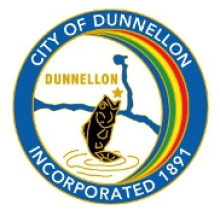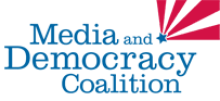Florida Muni Dunnellon Building FTTH Network
Yet another town has decided to take responsibility for their broadband future: a small Florida community has secured financing and is moving forward with their publicly owned FTTH network.
The City Council voted unanimously Monday night to approve the $7.3 million in funding with Regions Bank in Orlando. City Manager Lisa Algiere told the council members the city would be doing most of its business with the local Regions Bank. The funding will come in the form of three bonds: a series 2010A Bond, which is good for 20 years and has an interest rate of 3.61 percent; the second bond is a Series 2010B Bond and is for five years with an annual interest rate of 3.20 percent; while the third bond is a Series 2010C Bond and is good for one year. The funding secured by the city is a drawdown loan, meaning it will only take what it needs and only repay that portion.The network has been branded Greenlight (though the website is not yet fully functional). Greenlight is also the name used by the Community Fiber Network in Wilson, North Carolina. Light Reading interviewed a network employee, shedding more details than have been released elsewhere. He says they are passing 7,000 premises, but Wikipedia only notes a population of 2,000 in 2004, so there is more than meets the eye at first glance. They financed the network without using general obligation bonds, working with a nearby bank (Regions is a big bank, headquartered out of state). Local competitors are AT&T and Comcast, though both offer extremely slow services; the fastest downstream speed available from Comcast is 6Mbps. The new network, as do nearly all recent community fiber networks, will offer much faster connections, the slowest being 10Mbps.



